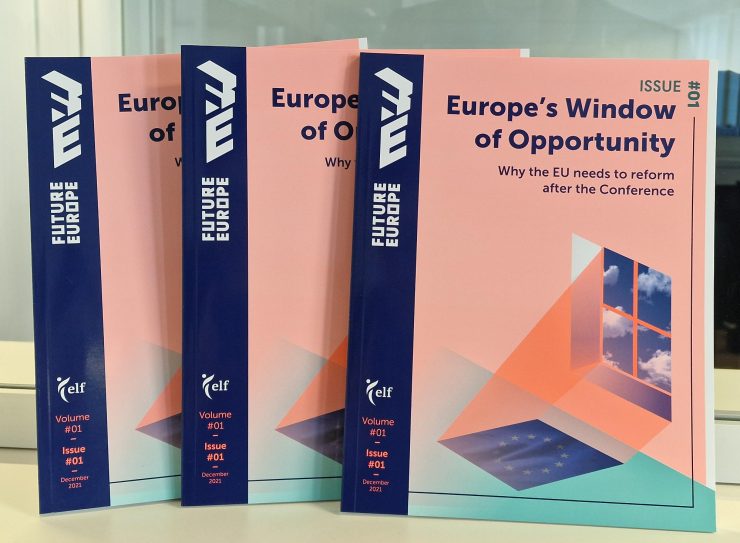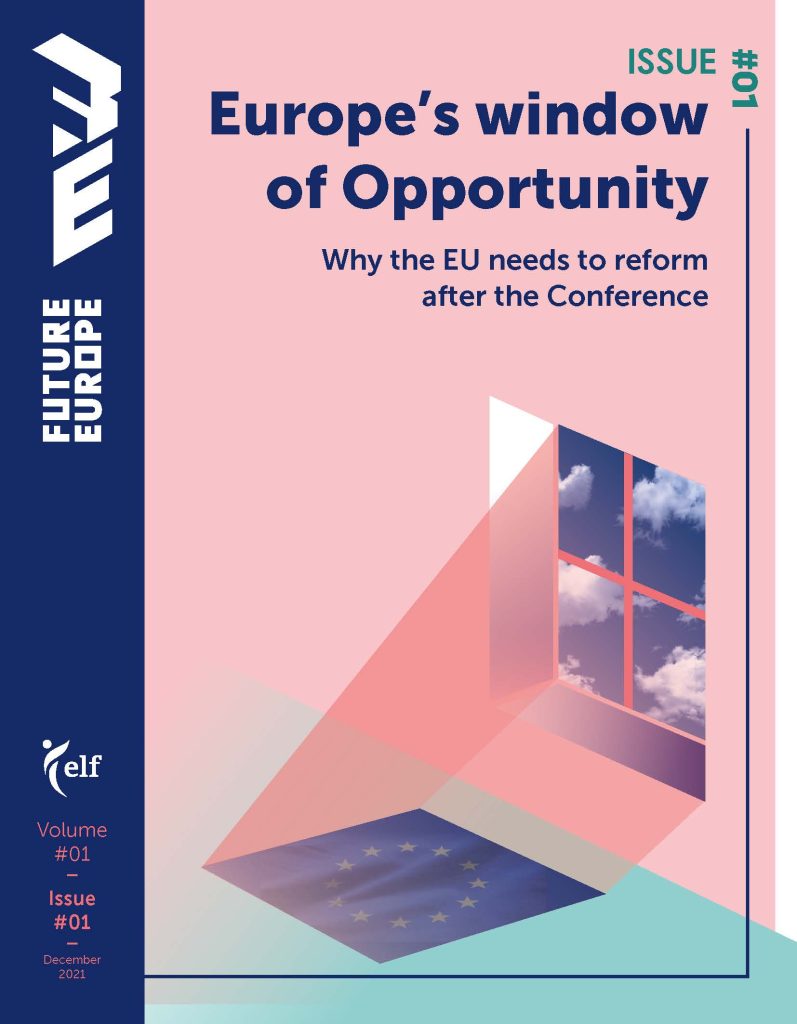Just as rivalry between the West and Russia defined the second half of the 20th century, so relationships with China will surely define the coming decades. In many ways, however, China promises to be an even more formidable rival. It is only a matter of time before it becomes the world’s biggest economy and, despite what was initially believed, this economic development, this greater openness to business, and the profound societal change resulting from it, are not translating into a transformation of its political system. China is on course to defend an alternative political, one may say civilisational model, one not based on a free market, human rights, and liberal democracy, but based on rugged nationalism, statism, and oppression. This fact must be acknowledged and these differences must not be swept under the carpet. China’s interests are, for the most part, fundamentally at odds with our own, which means that there is no more time for complacency and naivety. Wherever China oppresses its people or bullies others it should expect a firm reaction from Europe. Equally, China’s attempts at undermining Europe’s security and autonomy should be met with firm resistance.

